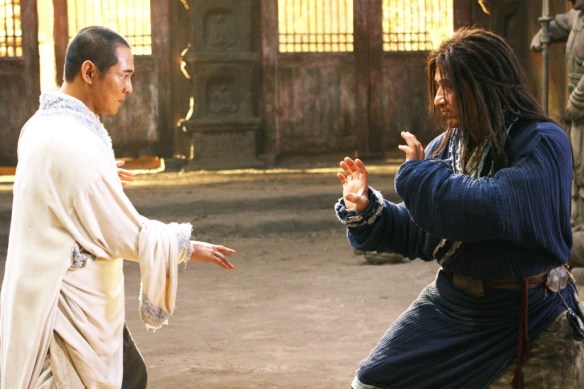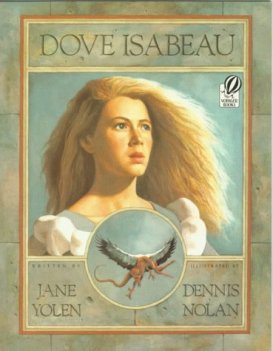There’s an oft-problematic sub-genre of superhero comics I’ve always had a particular affection for nonetheless. It’s a genre I have a difficult time even coming up with a name for; one where the nigh-incomprehensibly complex nature of a sci-fi/superhero setting and the gritty humanity inherent in “real life of superheroes” type content collide. Series like Transmetropolitan, Astro City, and Powers fall into that category, and those are some of the greatest comic series of all time. But there is one that I tend to forget about and, as a result, don’t often go back to: Alan Moore’s Top 10.

The Gang’s all here. (Screenshot from Top 10.)
As a police drama set in a city where literally every resident is some sort of superhero, robot, mutant, monster, goddess, or alien, Top 10 hits a lot of zany-but-dark notes. But unlike the (truly brilliant) series Powers by Brian Michael Bendis, Top 10 is much more lighthearted in its take on “how do you do policework when suspects are superpowered beings,” and tends more towards “comics continuity gone wild”-type jokes and narratives.
Top 10 features a dazzlingly diverse cast in an almost unimaginably complex multiverse, but the stories that it tells are surprisingly relatable, due in no small part to the character-focused writing by Alan Moore. The art by Gene Ha crams nearly every page with enough Easter eggs and references that they sometimes come off as being from a Where’s Waldo book. But the comic also, like many of Alan Moore’s greatest works, tackles some very controversial issues in ways that can be (sometimes subversively) heavy-handed and trope-y. Though much of the more problematic content in these books does offer a nuanced and honest look at things like racism, sexism, homophobia, and police corruption, it also sometimes comes off as playing for pure shock value.
Note that this article is about the original 2000-2001 run of Top 10 (and to a lesser extent its prequel The Forty Niners) rather than the 2008-2009 run by Kevin and Zander Cannon (who also worked on the original).
Continue reading →










